
World Poetry Day is celebrated on 21 March, a date that UNESCO dedicated to highlighting this literary genre, considered one of the most precious forms of the expression and identity and linguistics of humanity, as mentioned by the organization. At great moments in history, cultures come to transform the poem “into a powerful catalyst for dialogue and peace”.
The first time UNESCO adopted this date to celebrate poetry was at its 30th General Conference in Paris, in 1999, with the aim of “supporting linguistic diversity through poetic expression and promoting the visibility of those languages that are in danger”.
Octavio Paz, in his book the bow and the lyre gives a definition of what poetry is for him:

“Poetry is knowledge, salvation, power, abandonment. Operation capable of changing the world, poetic activity is revolutionary by nature; spiritual exercise, it is a method of inner liberation”.
It also refers to the fact that everything that exists there are many elements that humans can see and can form while watching them and that is also called poetry.
“There is poetry without poems; landscapes, people and facts are usually poetic; they are poetry without being poems. Well, when poetry occurs as a condensation of chance or is it a crystallization of powers and circumstances alien to the poet's creative will, we face the poetic.”
Now, in this century, poetry will reflect many of the elements that seek to reach the human part of the human being, where poets seek the most intimate part of existence in order to bring thought to different concepts of life.
In connection with World Poetry Day we leave you a list of contemporary Latin American poets.
Choosing fire
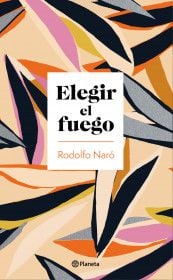
This book by Rodolfo Naró enters the most intimate part of love, because in each poem we will find situations that one can identify, as well as showing eroticism as another element that human beings need for life.
Anna and Hans
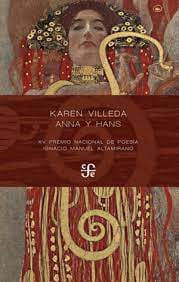
A story and at the same time the disease that Karen Villeda has language and gender to focus everything on a text that the author rescued and that talks about Anna Knapp, who was the only patient of Hans Asperger, that scientist who thought that the disorder she discovered could not occur in women.
Borrosa Imago Mundi
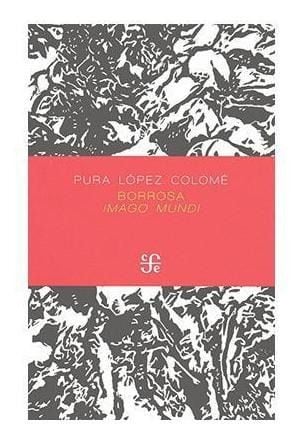
In this collection of poems, Pura López Colomé uses echo and reverberation as two sources that go in the personal, sensory and intimate part, where there is a “repetition of a sound” and “the slight permanence of sound”, evoking reality with sharp and low elements within her poetry.
Time without keys
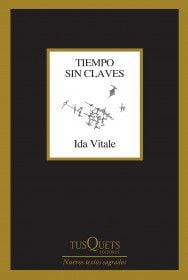
Ida Vitale gives a very special burden to the verses she writes, which has to do with the relationship to objects that are laden with history, the perception of time and the advent of old age. This poet from Montevideo shows that at 98 years old she remains the youngest poet.
Pornosonetos
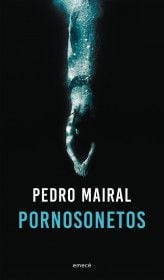
The poetry of Argentine Pedro Mairal is uncensored and this is a compilation of texts that, for the first time, brings them together. He had published them in different media under the pseudonym Ramón Paz, but now he dares to show himself to the world, in addition to showing an “atomized, expanded and unfiltered self”.
Like the flower
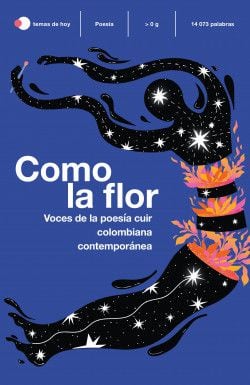
The Colombian anthology that brings together thirty poets who explore “love and desire, about flora and fauna, on the walls that draw our houses, what they keep inside and what they leave outside”.
A book that talks about diversity, sexuality, love and desire that from letters builds a network of friendship and a cuir community in Colombia.
KEEP READING:
Últimas Noticias
Debanhi Escobar: they secured the motel where she was found lifeless in a cistern

The oldest person in the world died at the age of 119

Macabre find in CDMX: they left a body bagged and tied in a taxi
The eagles of America will face Manchester City in a duel of legends. Here are the details

Why is it good to bring dogs out to know the world when they are puppies




